Cost-benefit Analysis (CBA)
Cost-benefit Analysis (CBA) is a methodical approach used in healthcare evaluation to weigh the financial investments against the economic benefits of different medical interventions. Unlike other forms of economic analysis, CBA quantifies both the costs and the benefits of healthcare interventions in monetary terms, facilitating a direct financial comparison among various treatment options. This is achieved by calculating the net monetary benefit, which represents the monetary value of benefits (e.g., health improvements, enhanced accessibility) subtracted by the associated costs for each intervention.
The monetary value of health outcomes, which can include metrics such as increased survival or improved quality of life, is typically derived from willingness-to-pay (WTP) surveys or discrete choice experiments (DCEs). These methods gauge the amount individuals are prepared to pay for certain health benefits, thus assigning a monetary value to outcomes that are inherently non-financial.
While CBA is a prevalent tool in sectors like environmental policy and large infrastructure projects, its application in health technology assessment (HTA) is relatively limited. This limitation stems from the inherent challenges in assigning a monetary value to health outcomes, which can be subjective and ethically complex. Health outcomes such as life extension or quality-of-life improvements do not lend themselves easily to straightforward monetary valuation.
In healthcare, CBA is more commonly applied to large-scale investments, such as the construction of new hospital facilities or improvements in healthcare service logistics like reducing waiting times or enhancing the accessibility of services. In these cases, the benefits of improved service delivery can be more readily quantified in economic terms, making CBA a useful tool for decision-makers to evaluate the return on investment for substantial capital projects or operational enhancements in healthcare settings.
Overall, while CBA offers a unique perspective by framing healthcare decisions in economic terms, the complexities of translating health outcomes into monetary values require careful consideration and often, alternative methods of economic evaluation may be more appropriate depending on the context and the nature of the health outcomes involved.
Click HEOR TERMINOLOGY
